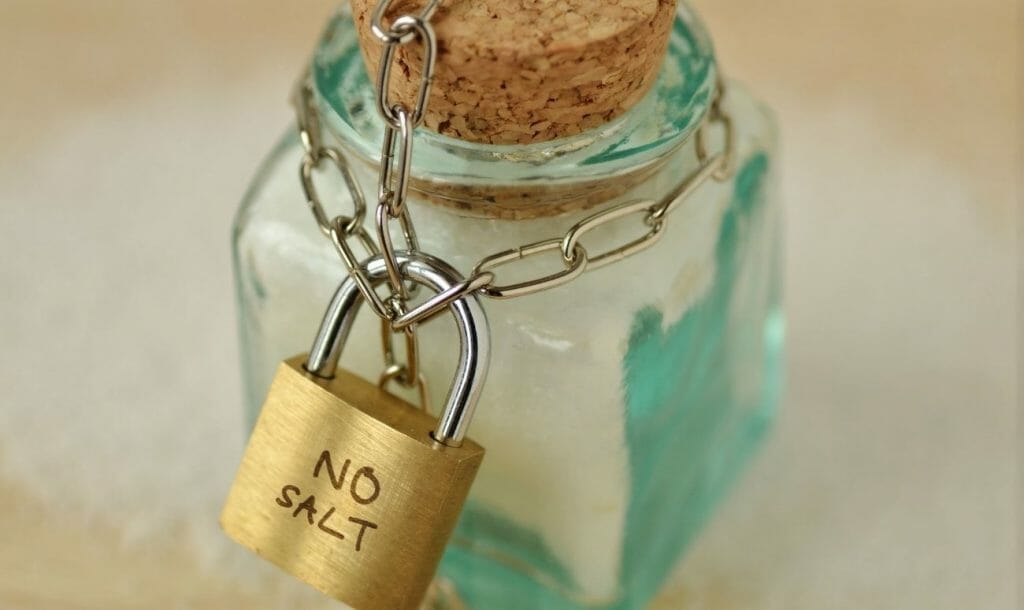Water retention occurs when excess fluid builds up inside your body. What does that mean? That means it can cause swelling in your ankles, hands, feet and legs. Sometimes it may also look like ‘flab’ on your body. The symptoms include swelling, weight gain, stiffness in the joints, changes in skin colour and shiny or puffy skin in your ankles, hands, feet and legs.
Often women experience retention water retention during pregnancy or before their monthly period. Water retention can also be caused due to eating substantial amounts of salt, sitting or standing for long period of times.
What can one do to stop water retention in their body?
Eat less salt
Sodium can bind to water in the body and decreasing your salt intake may help reduce water retention. So, if you eat a lot of processed and salty food, you might want to take a break from it because this allows your body to retain water. Processed food is the biggest dietary source of sodium.
Increase your magnesium intake
One study found out that 200 mg of magnesium per day reduced water retention in women with premenstrual symptoms (PMS). Good sources of magnesium include nuts, whole grains, dark chocolate, and leafy green vegetables.
An Increase in Vitamin B6 Intake
Vitamin B6 is another important mineral for the body. They are important for the formation of red blood cells and serve many other functions in the body. Apart from it being easily available in the drug store, you can also find the vitamin from bananas, potatoes, walnuts and meat.
Eat more potassium rich foods
Potassium helps send the electrical signals that keep the body running. It also benefits your hearts health. Potassium appears to help reduce water retention in two ways, by decreasing sodium levels and increasing urine production. Bananas, avocadoes, and tomatoes are examples of foods that are high in potassium.
Tried dandelion?
Dandelion is a herb that has been used as a natural diuretic in folk medicine for a very long time. In one study, 17 volunteers took three doses of dandelion leaf extract over a 24-hour period. They monitored their fluid intake, output during the following days, and reported a significant increase in the amount of urine produced.
Avoid refined carbs
Eating carbs can lead to rapid spikes in blood sugar and insulin levels. High insulin levels cause your body to retain more sodium by increasing the reabsorption of sodium in the kidneys. This leads to more fluid volume inside your body. Examples of refined carbs include processed sugars and grains, such as table sugar and white flour.
Bottom line stays, that one needs to eat healthy, maintain their physical fitness in order to keep such body issues at bay.
Read more: 15 Forgotten Women Who Contributed In The Making Of The Indian Constitution
Like & Follow ThinkRight.me on Facebook, Instagram, and Telegram to stay connected.






























